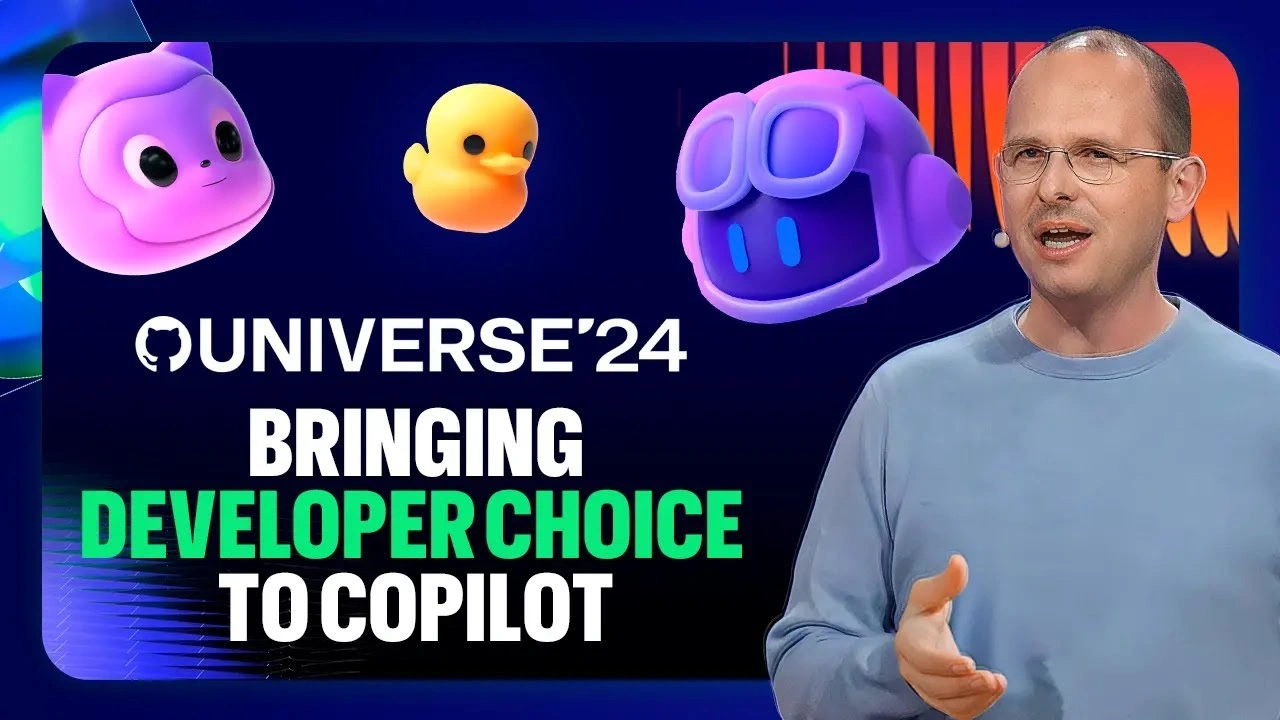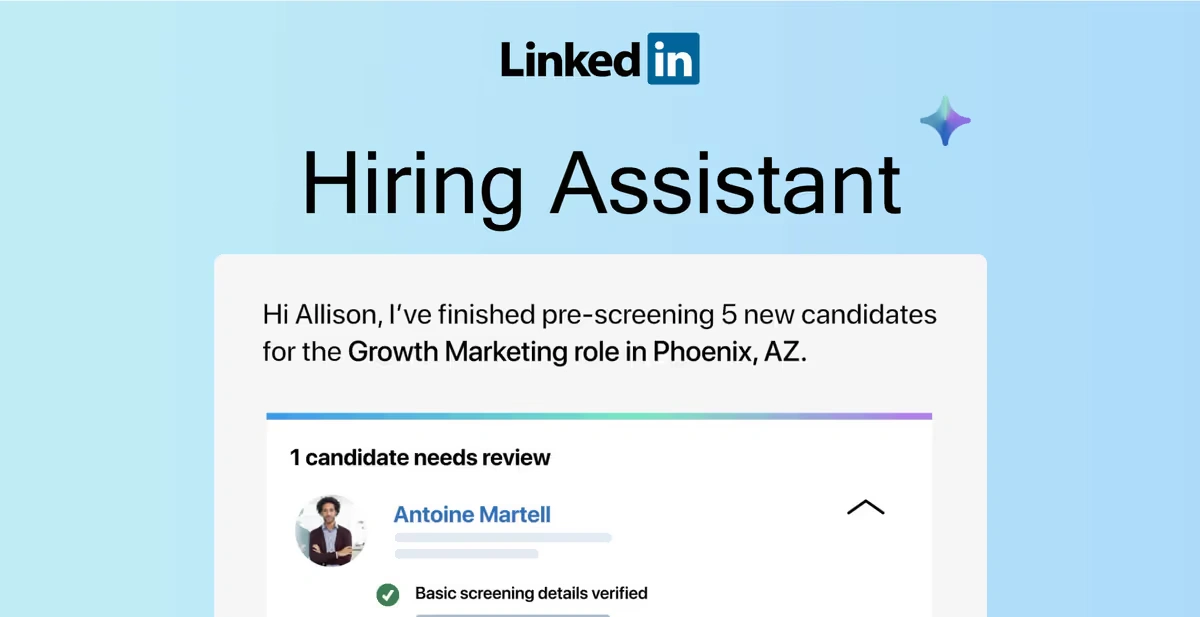AI
Alphabet
User Engagement

AI
Alphabet
User Engagement
Alphabet's recent third-quarter earnings call, held on October 29th, showcased a significant shift in the company's focus. While financial results were discussed, the dominant theme was Artificial Intelligence (AI), reflecting Alphabet's strategic commitment to integrating AI across its product portfolio. CEO Sundar Pichai emphasized the company's dedication to AI innovation, highlighting its positive impact on user engagement and future growth prospects.
The company's financial performance presented a mixed picture. While some advertising-based products, such as YouTube, experienced a slight slowdown, the cloud computing segment surpassed expectations. However, the earnings call's narrative was overwhelmingly dominated by AI, its integration into existing products, and its projected future impact. Specific examples included the incorporation of AI into Google Search, shopping functionalities, and across the broader Android ecosystem.
While concrete financial figures related to AI's direct contribution were not disclosed, Pichai did offer some insights into user engagement. He stated that over one billion global users are interacting with Gemini, Alphabet's AI model, primarily through the Google search function. Furthermore, usage of the Gemini API has seen a remarkable 14-fold increase over the past six months, indicating significant traction and growing adoption.
The company did reveal that it spent a substantial amount on capital expenditures, totaling $13 billion in Q3, primarily to expand its server infrastructure to support its AI initiatives. Further investments are anticipated in Q4, underscoring the significant resources Alphabet is dedicating to AI development and deployment.
Pichai outlined a three-part strategy driving Alphabet's AI endeavors:
Robust AI Infrastructure: This involves constructing and maintaining a sophisticated network encompassing data centers, specialized AI chips, and a global fiber optic network capable of handling the immense computational demands of AI operations.
World-Class Research Teams: Alphabet boasts highly skilled research teams dedicated to advancing deep technical AI research and developing the core AI models powering its various products and services. This commitment to cutting-edge research ensures Alphabet remains at the forefront of AI innovation.
Several Alphabet executives detailed how AI is being woven into various product lines. For example, YouTube is employing AI to improve video recommendations and empower creators with advanced video generation tools. Google Search has undergone a transformation with the introduction of AI Overviews, Circle to Search, and enhanced Lens features, expanding search capabilities and user engagement.
Android users, notably those with Samsung Galaxy devices, now benefit from Gemini Nano, a lightweight AI model enabling "Gemini Live." This feature allows for natural, conversational interactions with the AI, mirroring the experience with Google Assistant. This underscores Alphabet's commitment to expanding AI capabilities beyond its core Google services.
While the immediate financial returns of AI remain somewhat opaque, Pichai emphasized that Alphabet is already monetizing AI through its product integrations and the Google Cloud platform. He highlighted the significant increase in user engagement driven by AI features. Specifically, he noted that AI-powered features in Google Search are leading to increased user satisfaction, longer search sessions, and exploration of a broader range of websites. This increased user activity is expected to translate into future revenue generation as Alphabet optimizes its monetization strategies. The strategy focuses on embedding AI to improve existing products organically and then introducing new revenue streams incrementally.
The earnings call also marked the first time Pichai publicly addressed the August 5th ruling by U.S. District Judge Amit P. Mehta, which found Google guilty of illegally maintaining monopolies in general search services and general search text advertising. Pichai stated that the company plans to vigorously defend itself against these accusations. He emphasized that Google's success stems from offering superior products that users and partners prefer. He also expressed concern that the Department of Justice's initial proposals could have unintended negative consequences for the tech sector and American technological leadership. The company is committed to a robust defense against the accusations and promises to carefully consider the implications for the sector as a whole.
Alphabet's Q3 earnings call clearly signals a pivotal shift towards AI as the primary driver of future growth. While immediate financial impacts remain somewhat understated, the significant investment in infrastructure, research, and product integration points towards a long-term vision where AI permeates all aspects of Alphabet's operations. The company's focus on improving user experience and engagement through AI-powered features is expected to create a foundation for sustained future growth and profitability. The ongoing antitrust battle presents a significant challenge, but Alphabet remains confident in its ability to navigate these legal complexities while continuing to innovate and expand its AI capabilities. The coming quarters will be crucial in determining how successfully Alphabet can translate its substantial investment in AI into tangible financial returns and maintain its market leadership in the face of legal and competitive pressures.
SHARE



news
30th October 2024


news
30th October 2024

news
30th October 2024

news
30th October 2024


news
30th October 2024

news
30th October 2024

news
30th October 2024